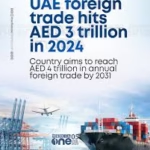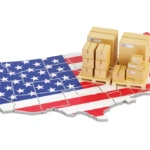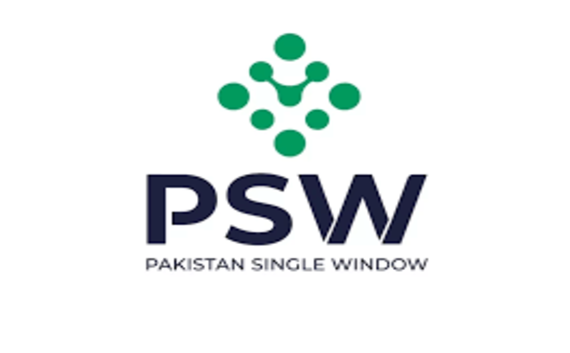Introduction to the Partnership
In a groundbreaking move towards improving trade facilitation, the Federal Board of Revenue (FBR) and Pakistan Single Window (PSW) have partnered to modernize customs operations across Pakistan. This collaboration signifies a transformative leap aimed at making Pakistan’s trade environment more efficient, transparent, and globally competitive. As international trade grows increasingly complex, this initiative seeks to simplify procedures, reduce costs, and enhance the overall trade experience for stakeholders.
Why does this matter? Efficient customs operations are the backbone of global trade, influencing economic growth and national security. This article delves into the nuances of this partnership and explores how it will revolutionize Pakistan’s customs operations.
Understanding FBR and PSW
What is the Federal Board of Revenue (FBR)?
The FBR serves as Pakistan’s primary revenue collection body, responsible for overseeing tax administration and enforcing customs laws. Established to ensure compliance with fiscal regulations, the FBR plays a critical role in facilitating trade while safeguarding the country’s economic interests.
Some of its key functions include:
- Collecting taxes and duties from individuals and businesses.
- Enforcing customs regulations at Pakistan’s borders.
- Monitoring and combating smuggling activities.
Introduction to Pakistan Single Window (PSW)
PSW is a technology-driven initiative launched to streamline and simplify international trade procedures. By integrating various government departments into a unified digital platform, PSW aims to eliminate redundancies and improve trade efficiency.
Core objectives of PSW include:
- Reducing paperwork and manual interventions.
- Ensuring faster clearances for imports and exports.
- Enhancing transparency in trade-related operations.
Why Modernization of Customs Operations is Essential
Challenges in the Current Customs System
Pakistan’s customs operations face several challenges that hinder their efficiency. These include:
- Lengthy and cumbersome paperwork requirements.
- Corruption due to lack of transparency in manual processes.
- Delays in the clearance of goods, leading to increased costs for businesses.
Such inefficiencies not only hurt businesses but also tarnish Pakistan’s reputation as a viable trade partner on the global stage.
Global Trends in Customs Operations
Countries like Singapore, the UAE, and South Korea have embraced cutting-edge technology to digitize their customs processes. From AI-driven risk assessment to blockchain for secure documentation, these advancements demonstrate the potential for customs modernization to boost trade competitiveness.
Objectives of the FBR-PSW Collaboration
Streamlining Trade Facilitation
The primary goal of this collaboration is to reduce time and costs associated with customs clearance. Through automation, traders can expect faster approvals, fewer bottlenecks, and improved efficiency.
Enhancing Transparency and Accountability
Modernization will ensure that all customs processes are traceable, reducing opportunities for fraud. By creating a transparent environment, the initiative will foster trust between traders and regulatory authorities.
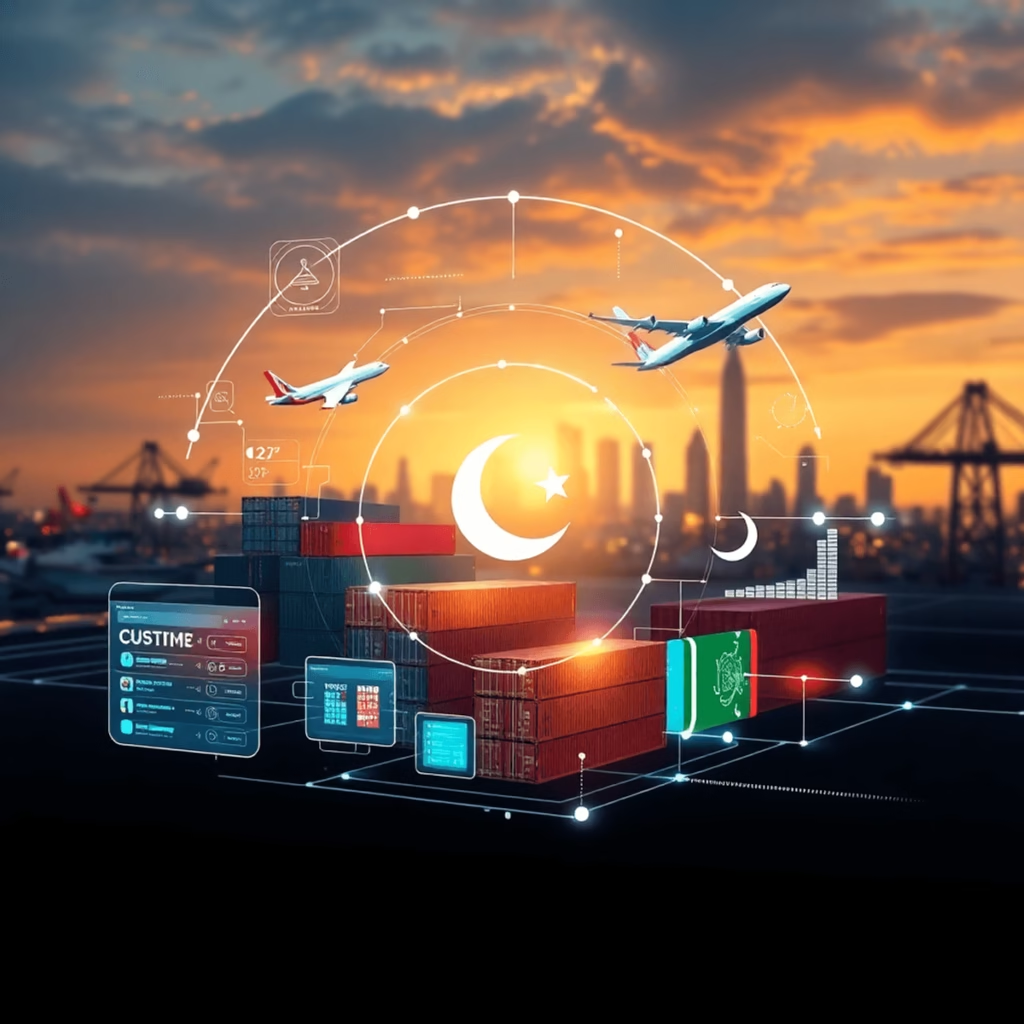
Key Features of the FBR-PSW Initiative
Implementation of Advanced Technology
From AI-powered risk management systems to real-time tracking of shipments, the partnership will introduce state-of-the-art tools to enhance customs operations. These technologies will enable better decision-making and reduce human intervention in critical processes.
Unified Digital Platform
The PSW platform will serve as a one-stop solution where traders can complete all customs-related formalities digitally. This seamless integration of various processes will eliminate redundancies and save time.
Interagency Collaboration
The initiative will promote collaboration among customs officials, other government agencies, and private stakeholders to ensure smoother operations and improved compliance.
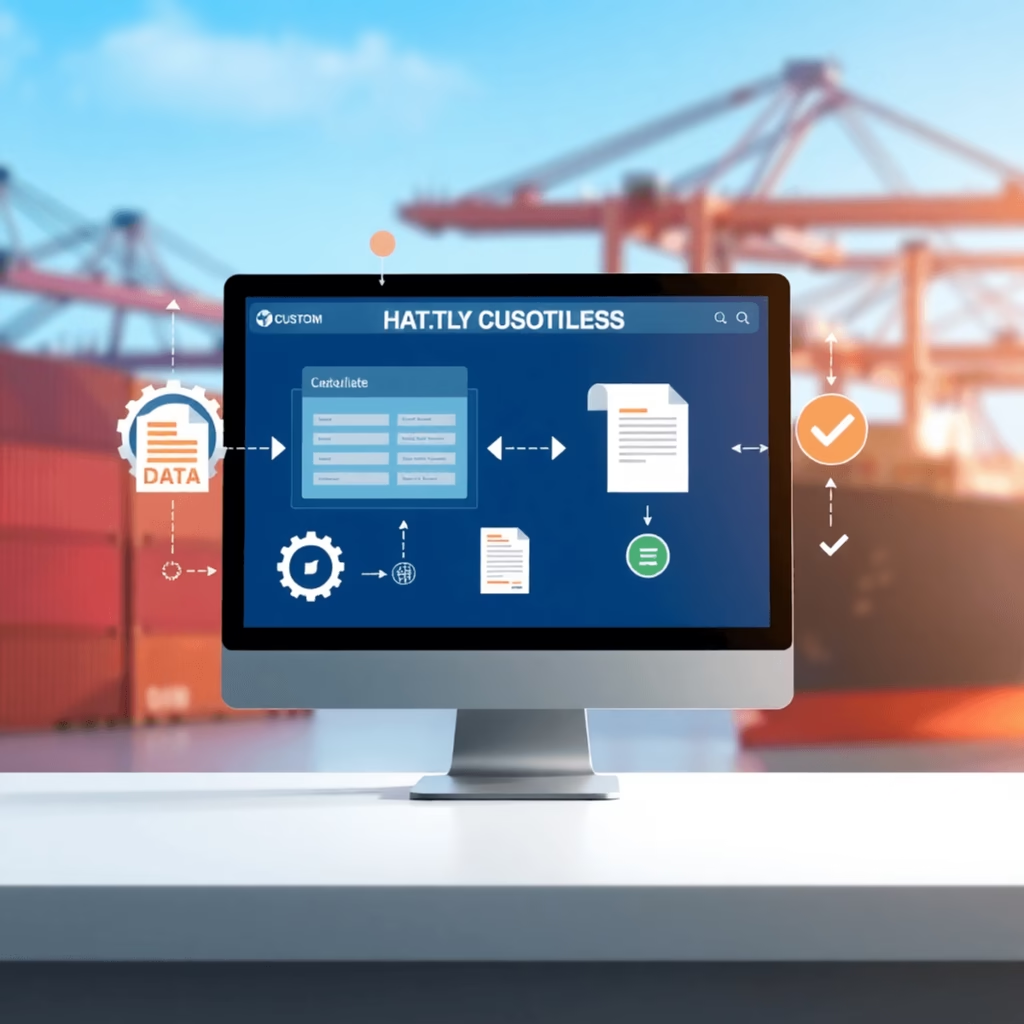
Benefits of Modernized Customs Operations
Boosting Trade and Economic Growth
A streamlined customs system will attract more foreign investors by improving ease of doing business. Faster clearance processes will directly contribute to enhanced trade volumes and economic growth.
Promoting Ease of Doing Business
Modernization will particularly benefit small and medium-sized enterprises (SMEs), which often struggle with complex and time-consuming customs procedures. By simplifying these processes, the initiative will level the playing field for all businesses.
Strengthening National Security
With advanced screening technologies and AI-based risk management, the new system will improve border security, preventing illegal imports and smuggling.


